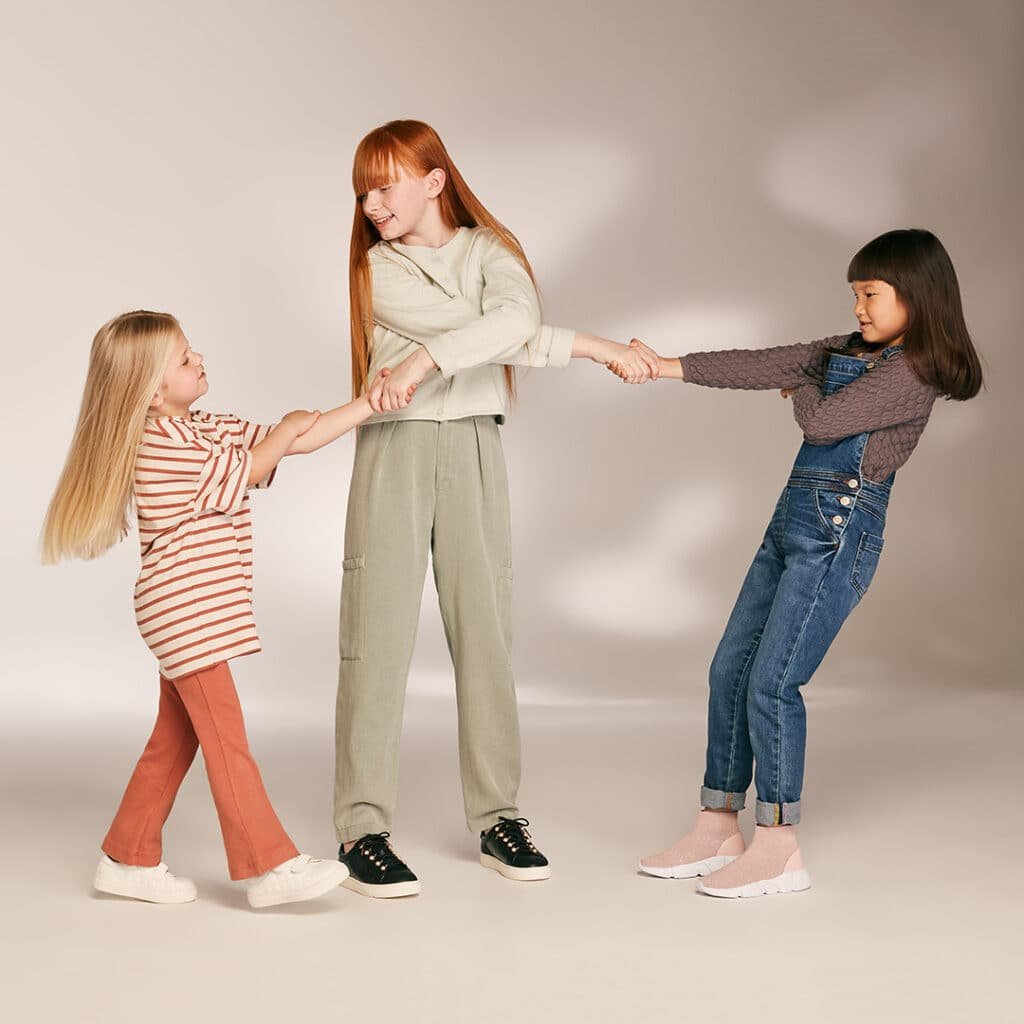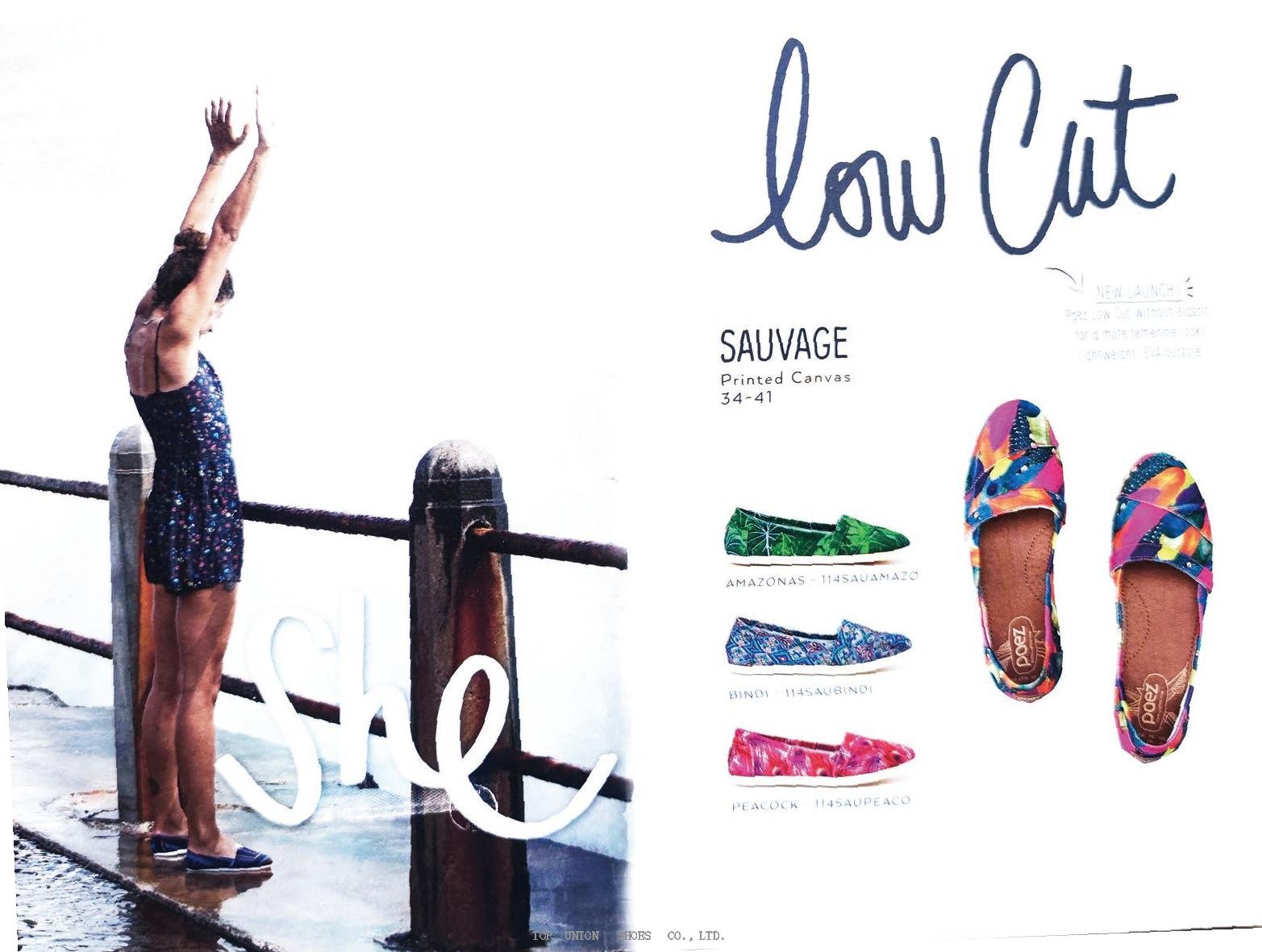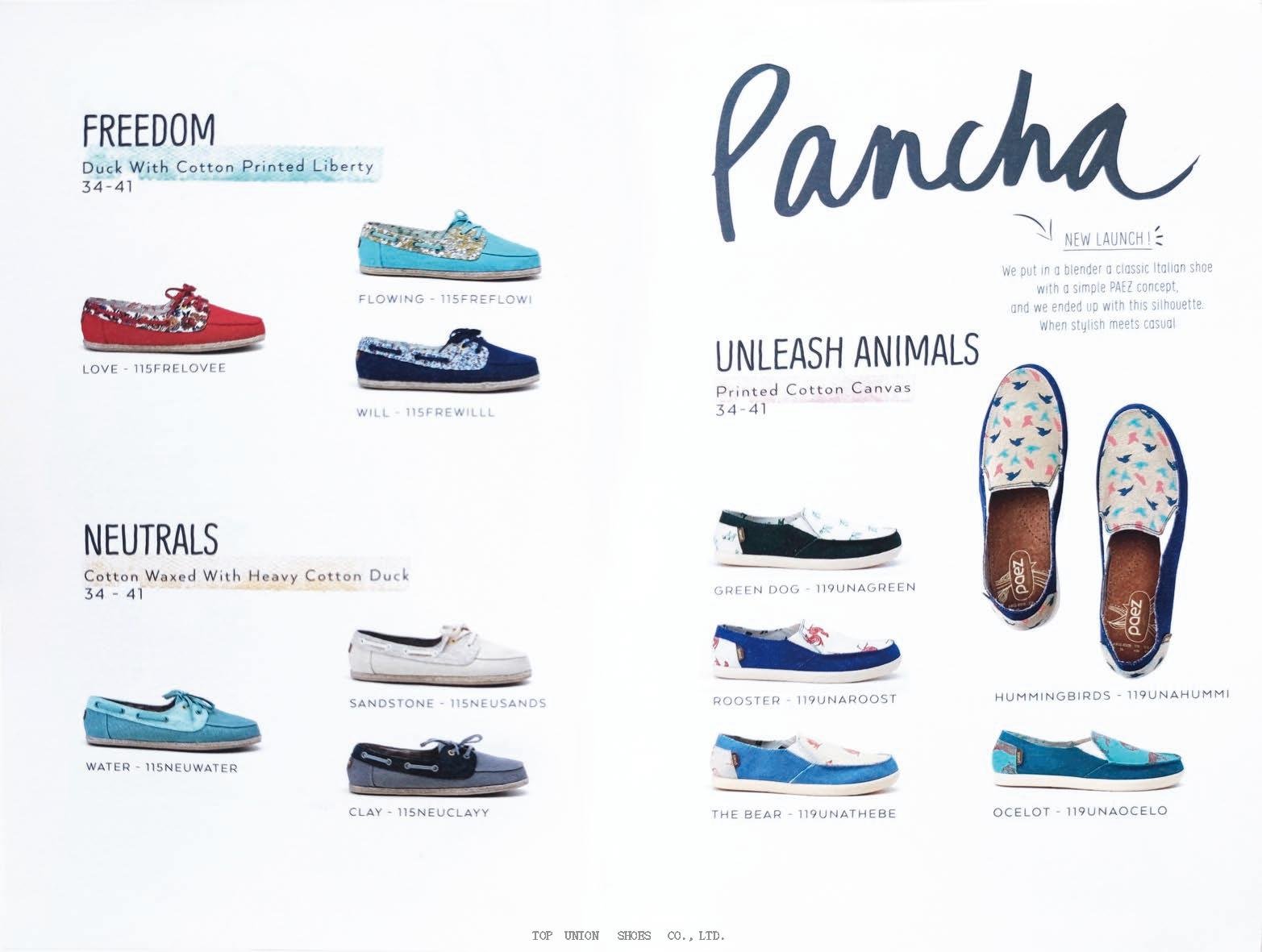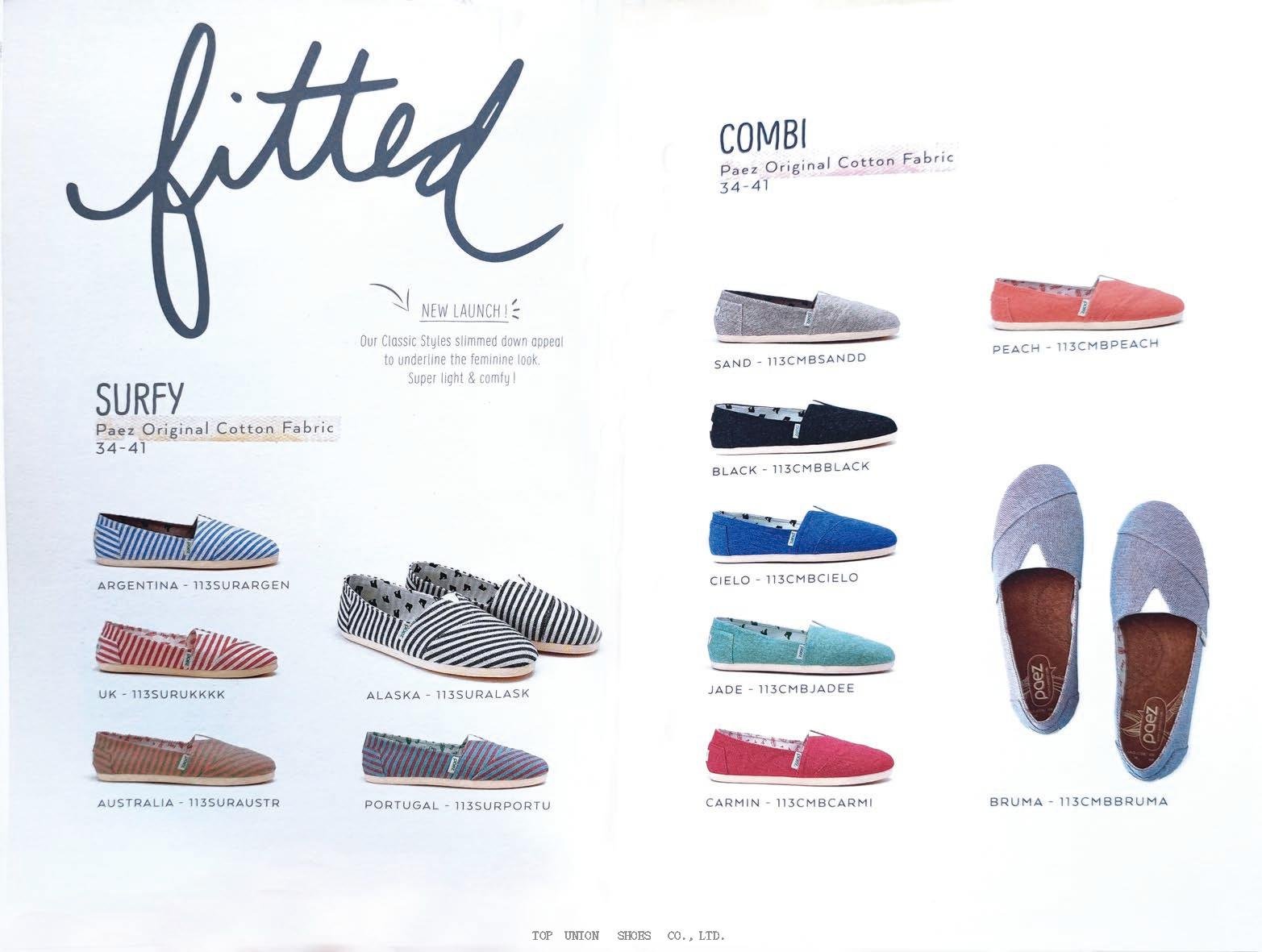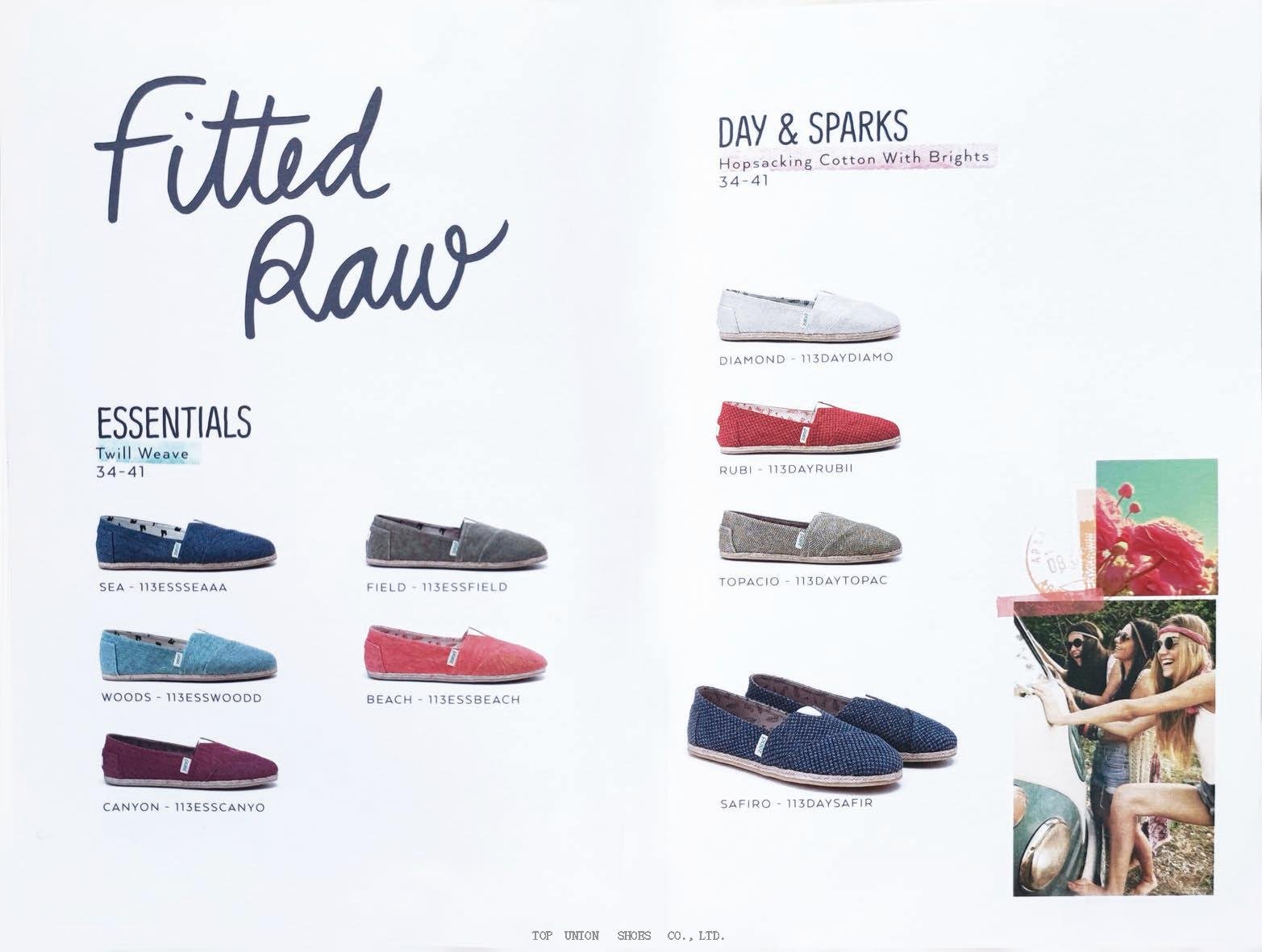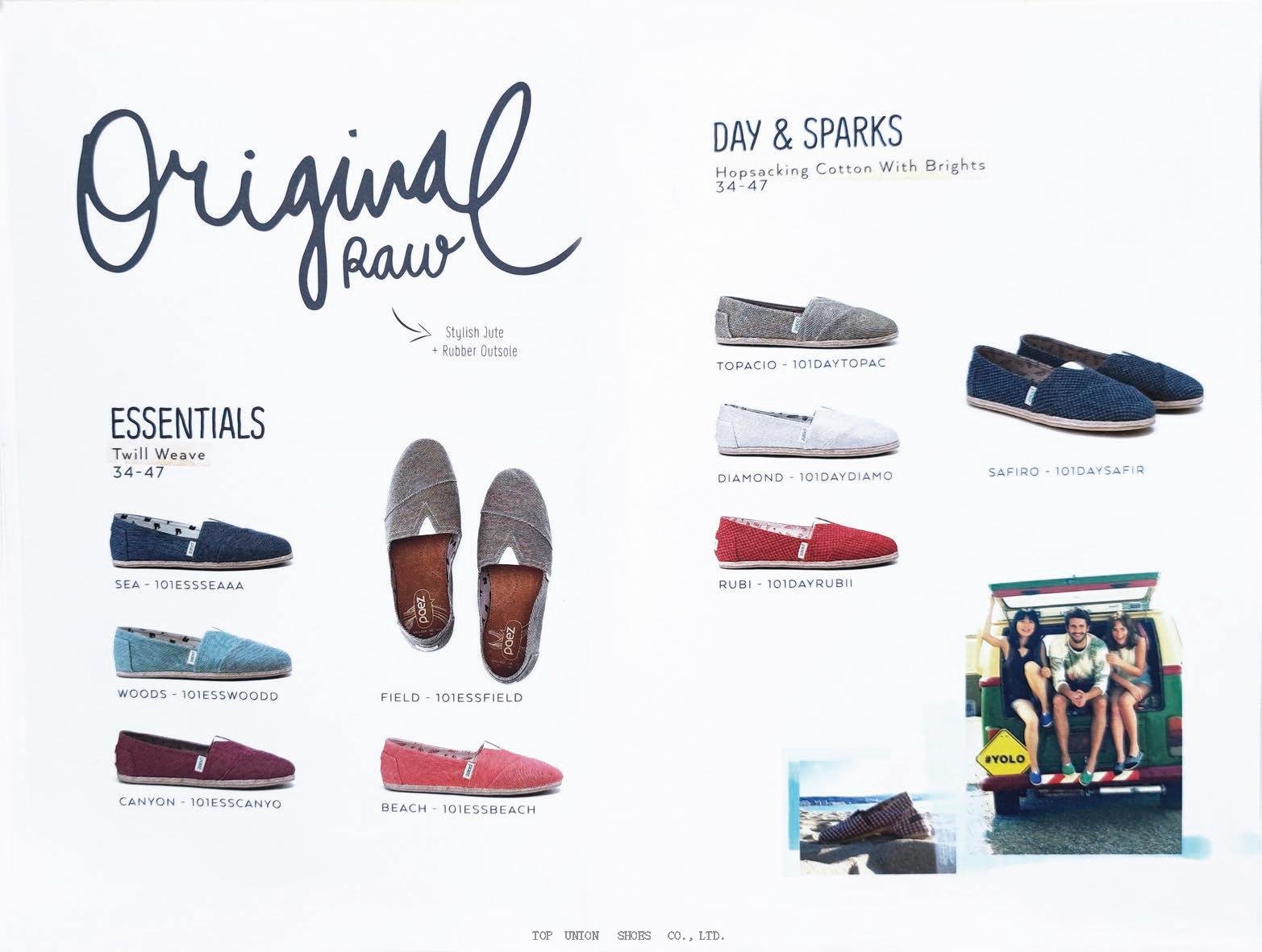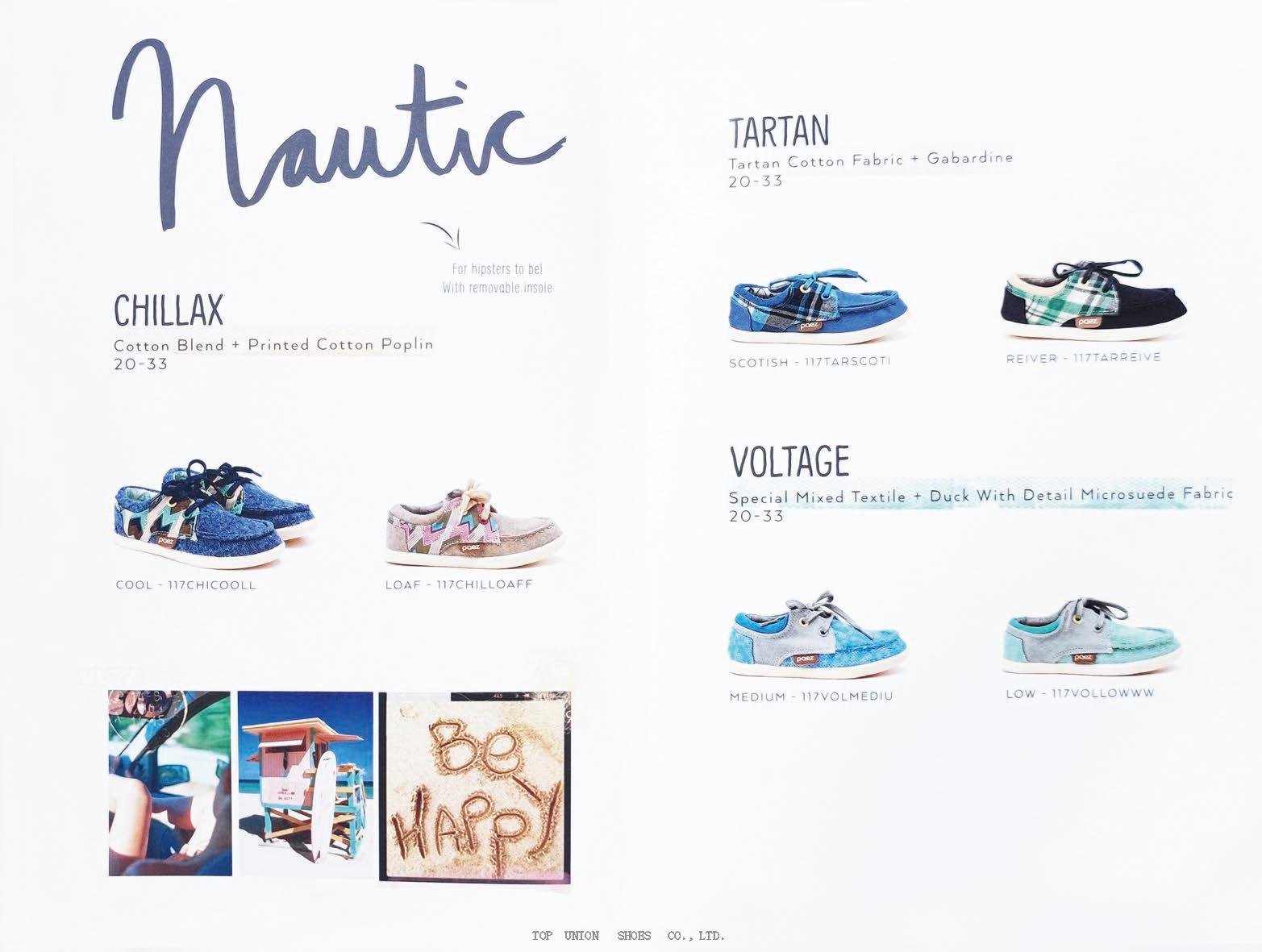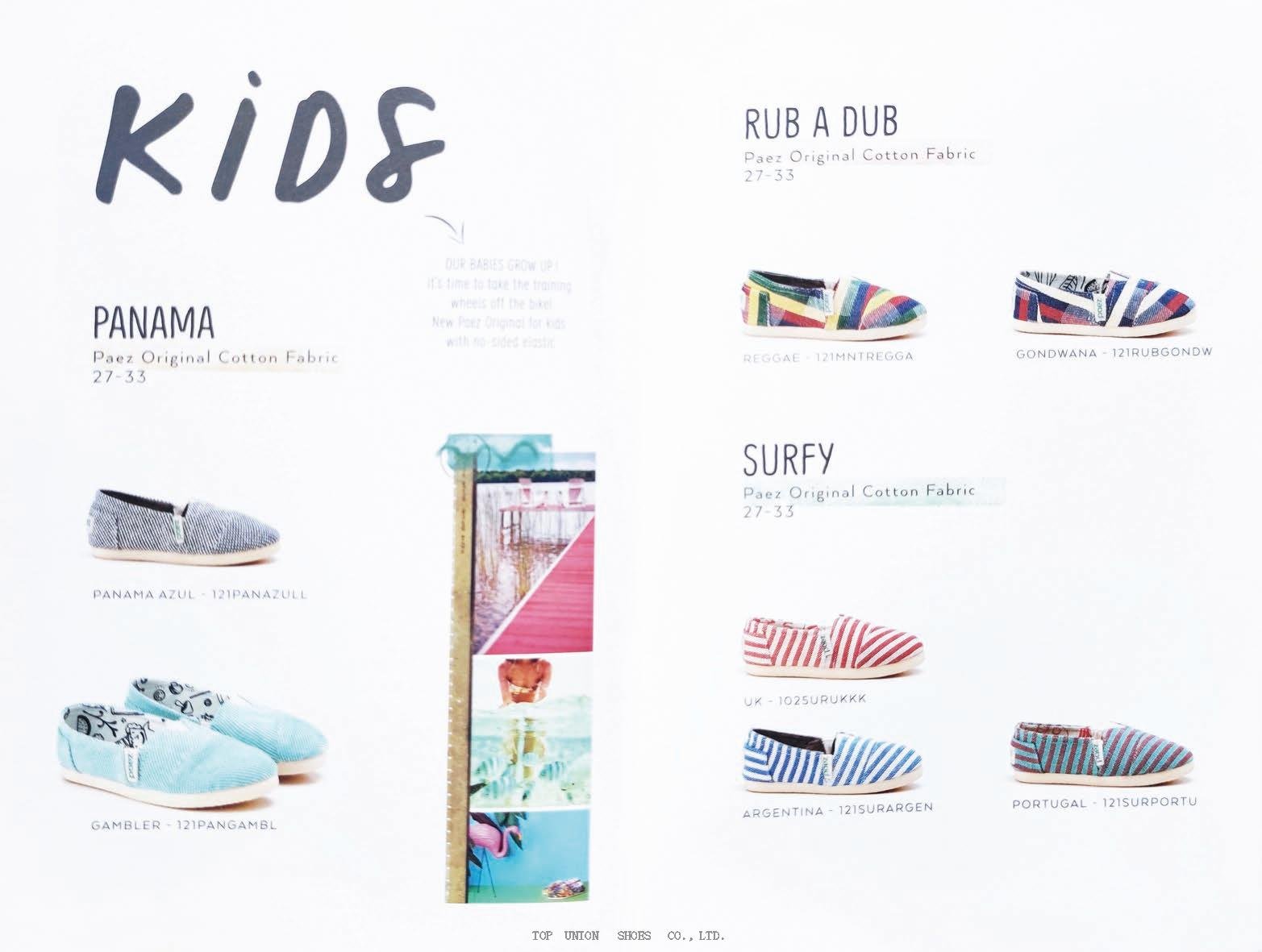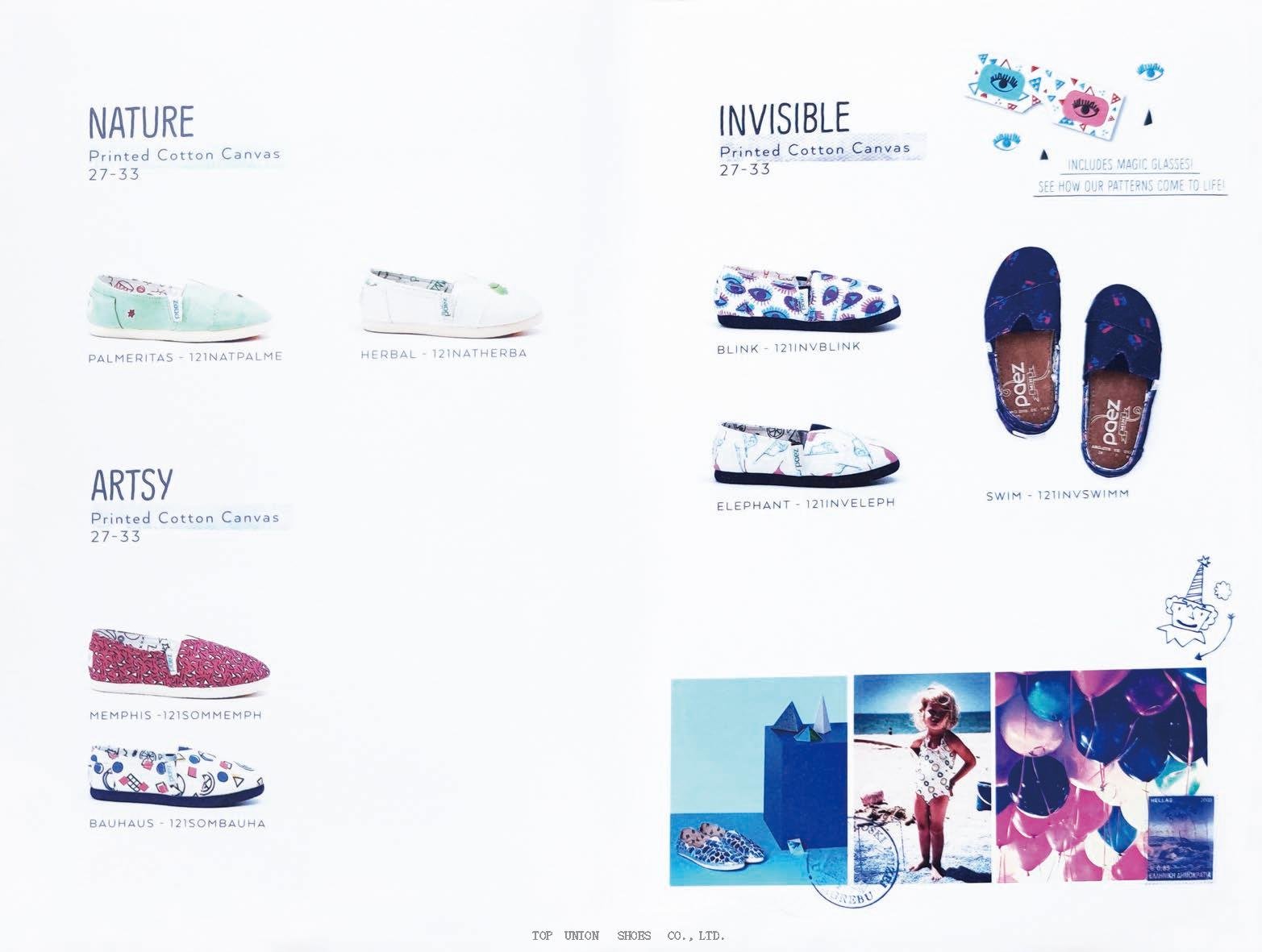Have you ever wondered what it was like to manufacture shoes for kids in bygone eras? It’s an intriguing thought, and it has fascinated generations of historians.
From the medieval artisan stitching delicate leather into velvety foot molds to today’s automated shoe production lines, manufacturing children’s footwear has come a long way!
In this blog post, we will explore the history of kid’s shoe-making – from Roman sandals to modern soccer cleats – so that you can gain perspective on the market and where and how your kids’ shoe brand fits into the puzzle.
Read on to discover more about how methods and techniques have changed over time, as well as why their manufacturers need to keep pace with them for ultimate success.
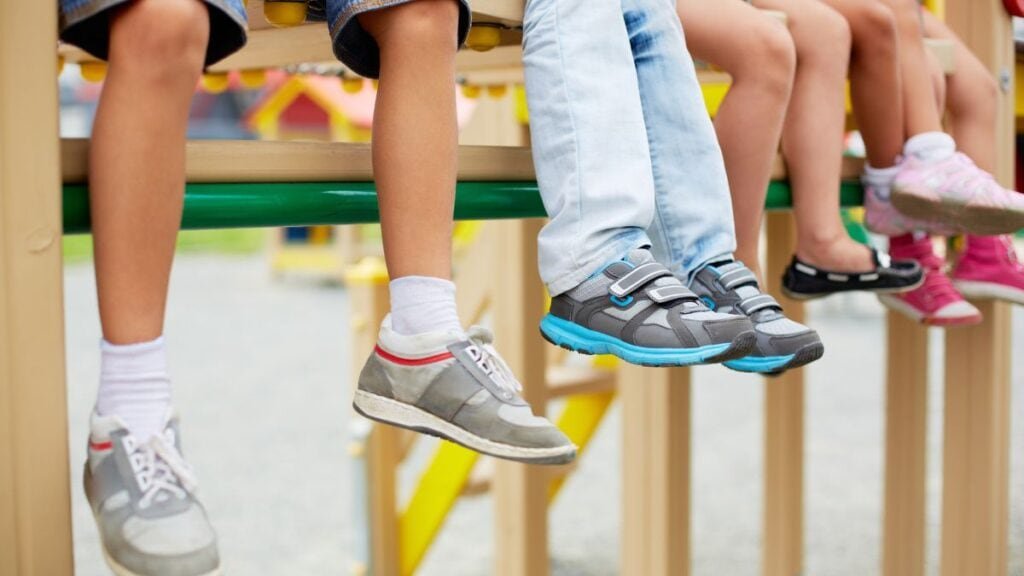
I. A Look Back at How Kids’ Shoes Were Manufactured in the 1800s
In the 1800s, the fashion for children’s footwear was quite different from what it is today. Children were expected to wear hard-soled shoes made of leather or even wood.
This could be awkward and uncomfortable for kids, but it often provided better foot protection than today’s materials.
The shoes also had to be specially made: Kids had to have their feet traced with string, taken to a cobbler store, and then wait days while the cobbler created the shoe they needed in time for school on Monday morning!
It is amazing to think of how far kids’ shoes have come since–shoes now can be lightweight and made with synthetic material that allows more breathability and superior durability. What a difference!
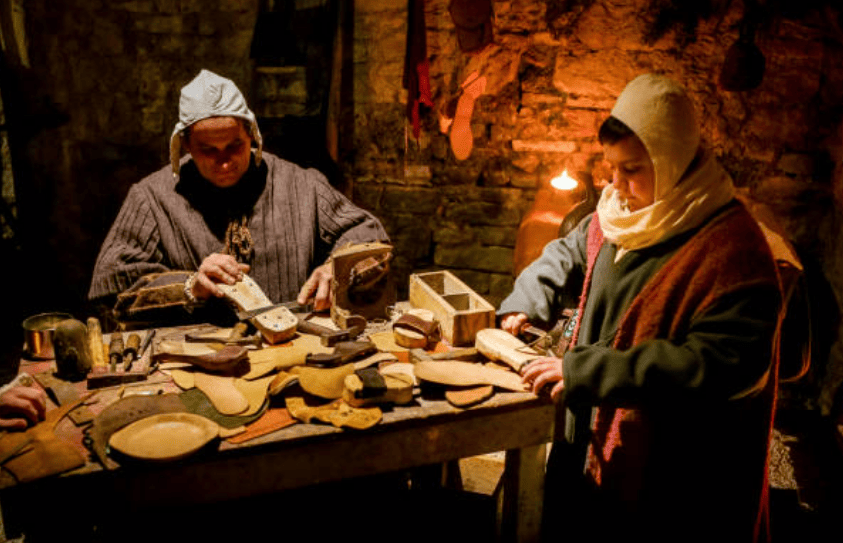
II. An Investigation into the Different Styles of Kids’ Shoes Over the Years
Over the years, kids’ shoes have been subject to a variety of styles and trends. From the classic lace-up school shoe to the popular chunky “dad” style of recent years, children’s footwear has evolved immensely over time.
This shift in fashion has been shaped by influences from street style, celebrity culture and brand influence – all key factors when it comes to kids’ perceptions and preferences of what constitutes as cool.
A quick retrospective glance at the history of kids’ footwear reveals its journey from simple fabric-based designs to modern tech-inspired sneakers that not only look good but perform too!
In exploring these various trends and styles, an investigation into the impact they have had on our children’s lives, sense of identity, creativity and self expression only serves to enhance our understanding of kidswear at present.
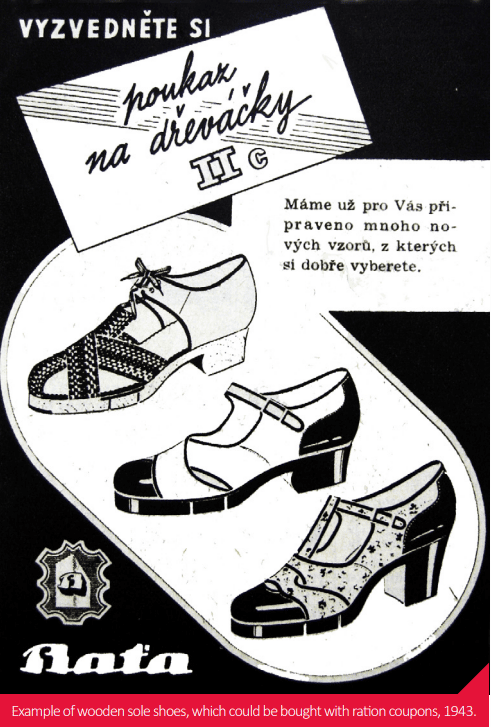
III. Exploring How Shoe Manufacturing Has Changed and Improved with Time
Shoes have been around for centuries, with the first known evidence of shoes found in Armenia as far back as 3500 BCE.
Over the years, shoe manufacturing has changed dramatically and become more efficient and high-quality; gone are the days of manual cobbling, replaced instead by automated processes that streamline production and help to create better shoes.
A major influence on modern shoe production is technology: advances in computer systems have allowed companies to automate design processes quicker than previously thought possible – from selecting materials to stitching together individual pieces into a single product.
Furthermore, 3D printing has given rise to a new era of customized footwear, enabling designers to make adjustments quickly according to individual customer needs.
While production methods have changed over time, one thing remains constant: quality.
With new developments always taking place in the industry, manufacturers can be sure that whatever shoes and accessories they are producing are made with care and precision.
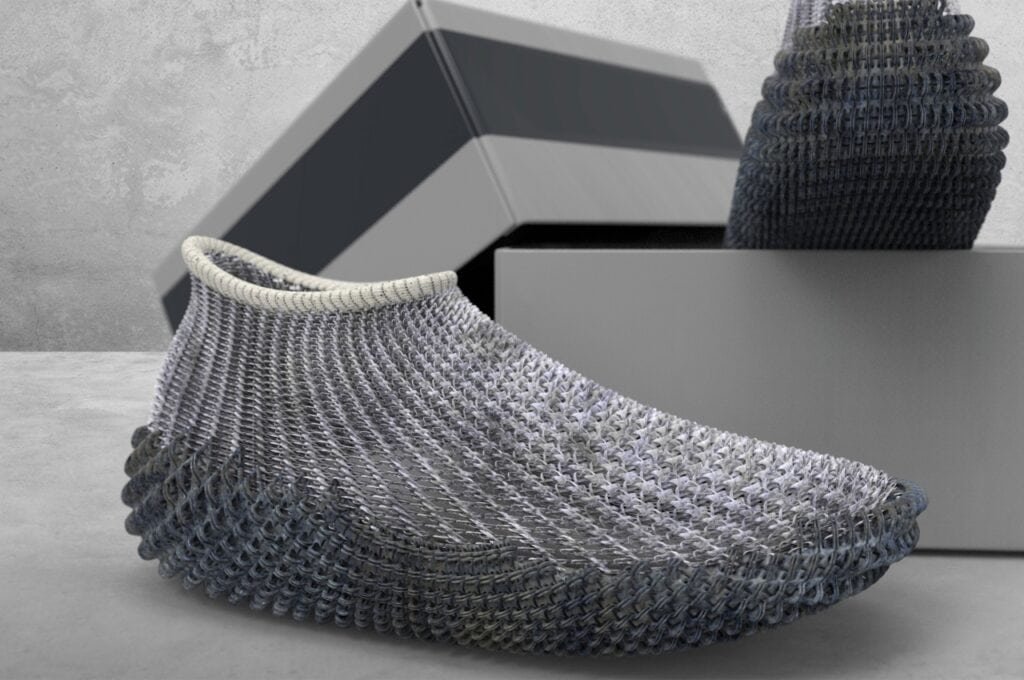
IV. Discovering What Factors Have Influenced Kids’ Shoe Trends Through History
Exploring the shoe trends of children through history is an interesting venture since styles and preferences of shoe-wear have changed drastically over generations.
It seems that each decade or so, kids are asking for shoes that are markedly different from what their parents or grandparents may have worn at the same age.
Accounting for these changes can be enlightening.
Many modern trends can be linked to fashion, comfort levels, cultural influences, new materials and technologies allowed through production, and even financial accessibility all work together to determine what’s in fashion with children’s footwear on any given day.
In other words, several factors combine to define why exactly certain types of shoes tend to come in and out of style so often among youth clothing markets.
Of course, it is also fun to examine how shoe trends have stayed consistent in regard to cultural appropriation or environmental footprints as well!
All considered, discovering what factors have influenced kids’ and adults’ shoe trends through history is certainly a worthwhile pursuit.

V. Examining the Materials Used to Make Children’s Shoes in Bygone Eras
In bygone eras, the materials used to make children’s shoes were quite remarkable. Leather, velvet and suede were a few popular choices, but some families preferred the use of more exotic fabrics such as satin or damask silk.
Craftsmen often spent hours embroidering intricate motifs with stitching made by hand in gold or silver thread.
During this era, it wasn’t uncommon for parents to have their children’s shoes crafted from recycled hides that had been tanned from animal skins used for other purposes. This gave the shoes an added layer of durability while also providing a unique look and feel.
Clearly, there was just enough time and a great deal of thought put into crafting these beloved items bygone era prior to mass production methods that are commonplace today.
VI. Examining How Designers Have Adapted their Techniques to Create Stylish, Durable Children’s Shoes
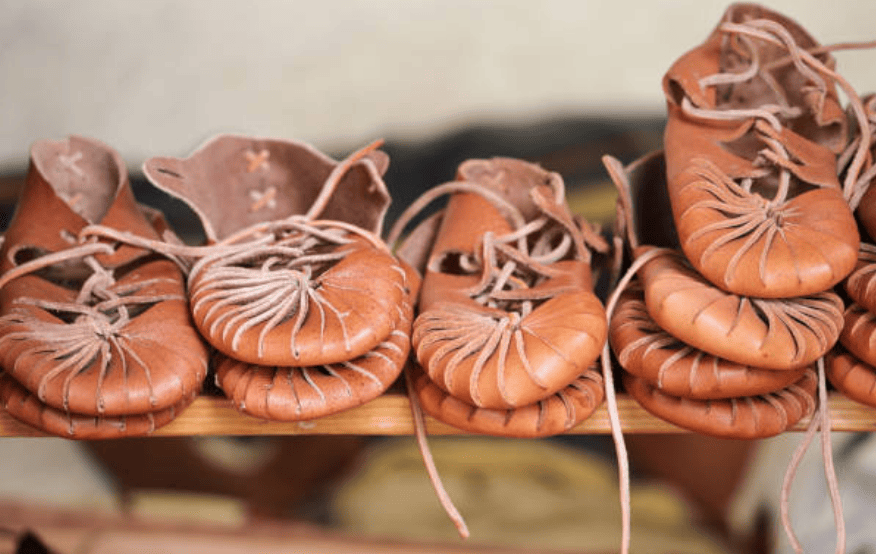
Designers of children’s shoes have had to adapt their techniques over recent years as parents are more likely to look for stylish, durable shoes that can keep up with the demands of an active lifestyle.
High-quality materials such as leather and synthetics are now being combined with strong stitching and robust soles to create a pair of shoes that both looks good and performs well under pressure.
Many designer companies are also experimenting with individualized designs so that children can express themselves through their footwear without compromising on comfort or robustness.
All of these advancements in design make it increasingly easier for parents to find shoes that offer style and protection, allowing them and their children a stylish solution.
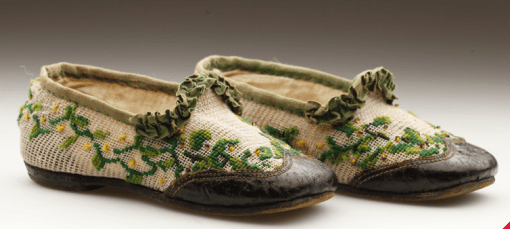
From the very beginnings in the 1800s, children’s shoes have been evolving in tandem with fashion trends and technological advancements.
Through a combination of colors and patterns, materials, designs and styles, designers have created alluring shoes that are both beautiful and functional.
Today, we can see many elements of the past incorporated into modern kids’ shoe designs – even if they were made centuries ago.
The next time you shop for your little one’s shoes, take the opportunity to reminisce about the past and how far children’s shoes have come over the years.
Are there any trends from yesteryear that would make a great comeback today?
Regardless of what you choose, your child, friends, or family is sure to love and be comfortable in their own special pair of shoes – thanks to the beauty and skilled craftsmanship developed by shoe manufacturers countless generations ago.
